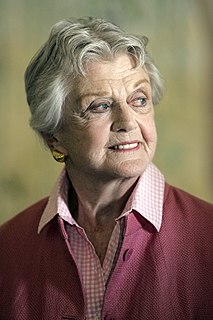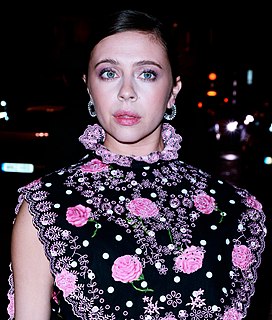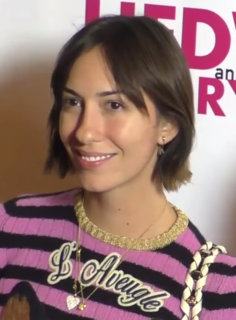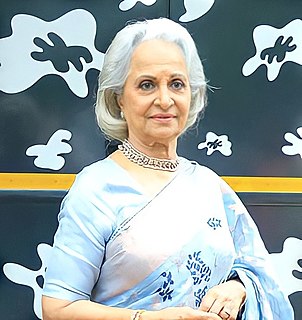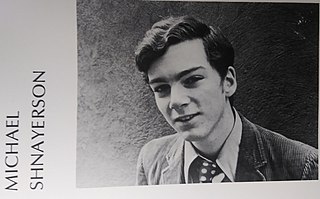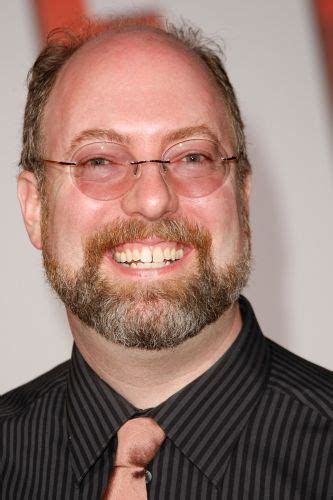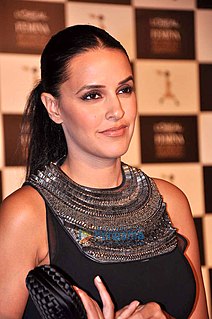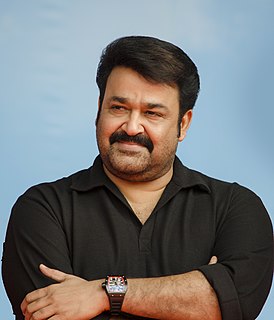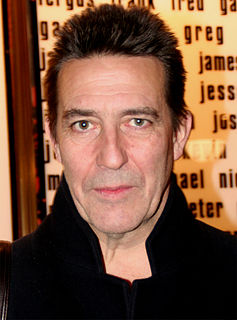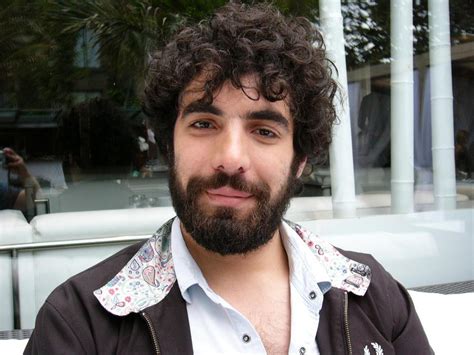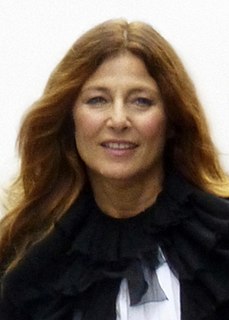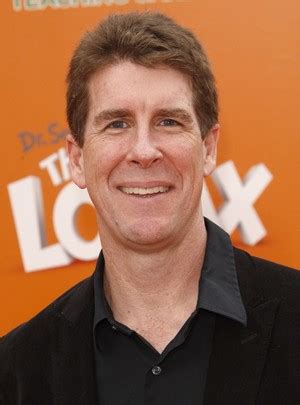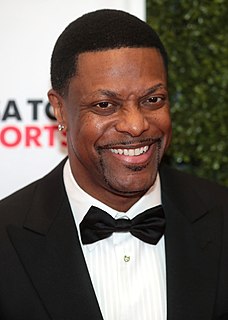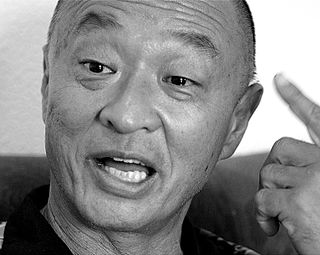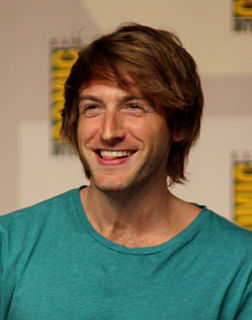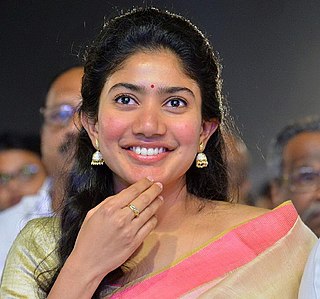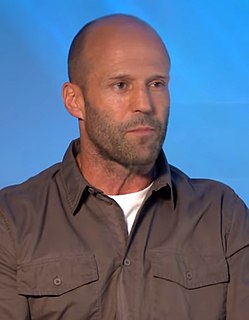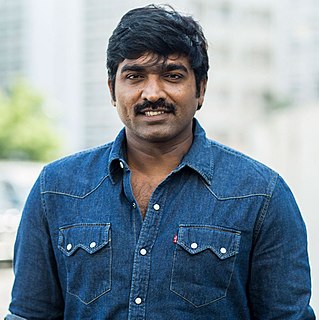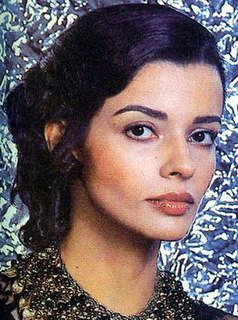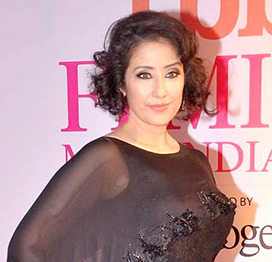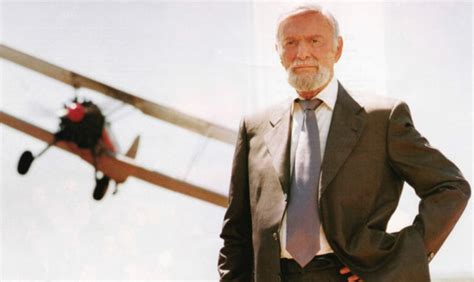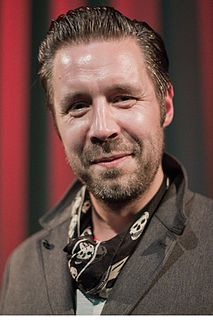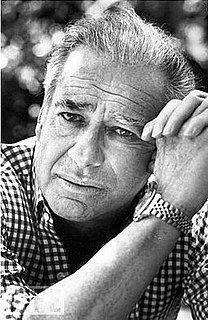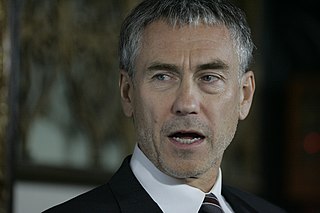Top 1200 Directors Quotes & Sayings - Page 3
Explore popular Directors quotes.
Last updated on April 22, 2025.
Roles came to me. I was very, very lucky in that respect. Great directors, great writers, great producers - they saw something in me that they wanted for their picture or their play or whatever it was, whether it was Edward Albee or whether it was - or Peter Hall, directors. They would come to me, thank God. I was lucky. Lucky, lucky, lucky.
I really love it, I love working with directors that are very collaborative and allow me input. I've done over 75 films, it's just like you're an apprentice. You learn so much about camerawork, lenses, and I'm always talking about DPs and directors and they always give me lists. I think pretty soon, I'll be ready to move away from being in front of the camera.
I think more than comedy, probably more than straight drama, I like horror. And horror I think I'm particularly good at. It's a mistake a lot of directors make, especially young directors. They always want to make the kind of movies that they most admire and aren't necessarily sensitive to what they have the best skill set for.
It's not often I get to do a film that turns out good. Plus, there just aren't that many great directors out there. There are a thousand different decisions that need to be made with each script and it's the good directors that can make those decisions. It's a long and complicated process in regards to what looks good on paper. Working on a bad film can be fun too. It can be a good exercise that gets you writing.
There are directors, and I think this is true of all directors, it would be true if I was a director - If the actor didn't want to do what I was suggesting, I would let him do it his way, and then I would say to him, "Just give me one where you do what the director wants", and that, of course, is the take that's used.
I love to take chances. I love first-time directors. I love super-low-budget movies. I've done 80-something movies, and I want to just keep experimenting. First-time directors have new, fresh ideas, and lot of times they're risking a lot to do it, so it means so much to them. They're not just hired; they have their heart on the line, because if you've gone that far, you're probably a very passionate person.
Of course, even if the directors like my ideas or the designs I do, they may end up changing the story so much, that those characters have to change, or get cut out altogether, and that's just the way it is. Sometimes the directors are designers themselves, or they want to work with a character designer who will do things in their own distinct way - sometimes the most important thing I do is figure out what they don't want to do, by experimenting. Either way, whether they use my ideas or not, I get paid, so it's all good.
It's a lot to do with the Marvel ecosystem. It's different from the traditional studio system. Because it is, for how absurdly, incredibly successful they are, it is a family. It is a loving family. It is a group of people who only care about making things good. They don't choose directors who don't want to work with them in the way that they work. And the directors that they choose are better for having done it. Every director who comes out of that system are one kind when they come in, another when they come out. And they usually come back for more. They usually make more than one.
It's hard for new directors to find good tracks because we don't usually get to choose good music by good artists. I honestly think music videos will slowly die out. There will always be a few directors who do cool things. But look how many great videos there were in the '90s, and then look at the 2000s. It's depressing.
In the age of activism that is clearly not going away, it would seem that some form of engagement from directors with shareholders - rather than directors simply taking their cues from management - would go a long way toward helping boards work on behalf of all shareholders rather just the most vocal.
I worked for 20 directors as a production designer, most male. I was on the set to witness firsthand a range of sometimes atrocious emotions - well-documented firings, yellings, fights between directors and actors, hookers, abusive things, budget overages, lack of preparation. A man gets a standing ovation for crying because he's so sensitive, but a woman is shamed.
I would say it was the directors. We have to give credit to the directors for this, because in the script, we just said, "Gru's Minions do this or do that" in the initial draft. And then, they came up with the characters' design and the philosophical concept of the Minions. And then, we started writing to that. We have to give a lot of credit to them.
I've been fortunate to work with good directors who understand improvisation and understand the way comedians work. Luke Basan let me do my thing like do what you feel and take the character to another level. Quentin Tarrantino was more of an acting coach. He can teach you beats and then hell say go with it but give this feeling. So I've been fortunate to work with good, seasoned directors.
It always cracks me up when program directors or music directors or companies will say, 'Well, we did research, and we interviewed 25 people in our focus group, and this is what they said.' And I'm like, 'I've talked to 25 people in two hours! I talk to 50, 60, 70 people a night! Five or six days a week!'
Playing Japanese characters and being in environments that are Japanese, like a character's apartment or whatever, if you have directors or art directors who just don't know what' s what with Japanese culture, then pretty soon something's just passed through. I've been through many times where I've pointed out the incorrectness of so much of what's been done to a set.
I don't see myself as one type of actor. When you get one role, you start to get cast in that role for awhile because that's what people have seen you do, and have hopefully seen you do it successfully. And so, it becomes an easier thing to see you as, for casting directors and directors, and they start to think of you as that particular person or type of character. But, for me, I'm just an actor, first and foremost. The actors I respect are the real character actors, who are the real chameleon actors that completely change from role to role.
All directors are different. Certainly, the directors that I respond to the most are guys that figure it out by doing it, not by thinking or studying. Also, the kind of actor that I think I am - I learned about theater doing theater, not studying theater. I think that traditional school can be great, but also it can stifle original thought.
The hardest thing for a film actor, especially if you are in a lot of the film, is sustaining energy for the entire length of a production. It's quite tough. With acting, it's not the same as directing. Directors work the exact same hours; directing is incredibly exhausting. The only difference is that directors aren't required to have bursts of energy and focus. They're probably focused the entire day. Actors have this thing of "stop/start." That can be quite draining, actually.
I feel like I've been very lucky with the directors. The characters I've been offered, especially lately, have given me the opportunity to play all of these different women. I always wanted that, and it's something that you cannot do by yourself. If you want to play a diversity of characters, somebody else has to have the imagination to give you a role completely out of the box. We depend on somebody else's trust, and these directors are giving me their trust, and I am grateful for that.
I like working with directors because I'm really opinionated about what things work and may not work, what audiences like and may not like, (not really) but I do have opinions about things. I like to be able to say them and then have them acted on. The director who responds to me like that, always gets my appreciation. I do appreciate it. What I find is the best directors, no matter what kind of name they have, are like that.
I had many, many mentors that I worked with. Music teachers, choir directors, directors in summer stock or in regional theater. You know, people I was able to work with repeatedly and learn from who were really sort of appropriate people for me to work with at a given time in my development as an actor.
I love Leonardo DiCaprio. He just makes really great films with great directors. He has great relationships with directors but also has a great social awareness. I think he balances his work with his responsibilities to his world, the environment, things like that very well. I'm very impressed by him and I admire him a lot. And other actors like Joaquin Phoenix, I just look at him and marvel at his unexpectedness, just his work really.
I owe a lot to my time on 'House of Cards' because, up until I booked that show, I had been working consistently for 12 years, but I wasn't working on anything that mattered in the way 'House of Cards' did to its audience, to casting directors, to directors and producers. The show hit this sweet spot.
You have to understand that people feel threatened by a writer. It's very curious. He knows something they don't know. He knows how to write, and that's a subtle, disturbing quality he has. Some directors without even knowing it, resent the writer in the same way Bob Hope might resent the fact he ain't funny without twelve guys writing the jokes. The director knows the script he is carrying around on the set every day was written by someone, and that's just not something that all directors easily digest.
With directors, some have a kind of in-built ability to just know how to work with actors and get the best out of actors, and some don't have a clue about acting. I think it'd be a good idea if directors put themselves in front of the camera, or even went on a six-week drama course, just to know a little bit about what that feels like.
I think film is a world of directors. Theater is a world of actors. Or, theater is for actors as cinema is for directors. I started in theater. Filming is as complete as directing film. In theater, you are there, you have a character, you have a play, you have a light, you have a set, you have an audience, and you're in control, and every night is different depending on you and the relationship with the other actors. It's as simple as that. So, you are given all the tools.
